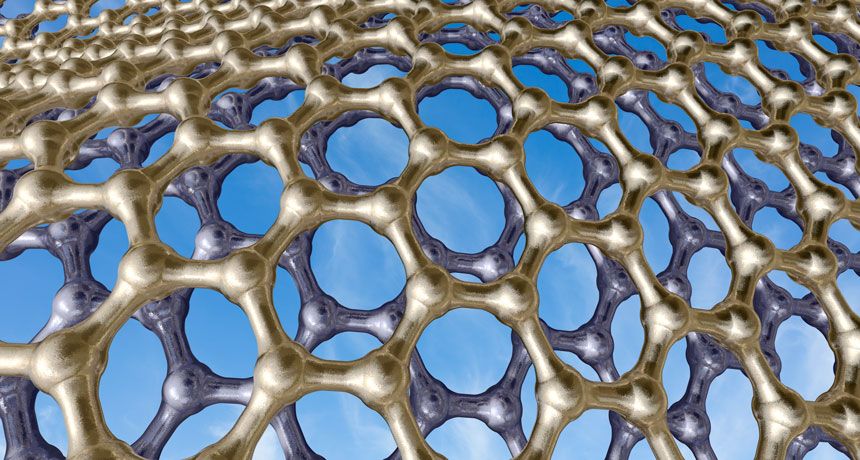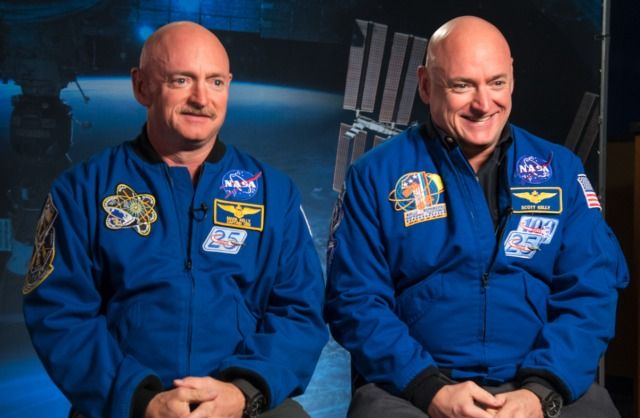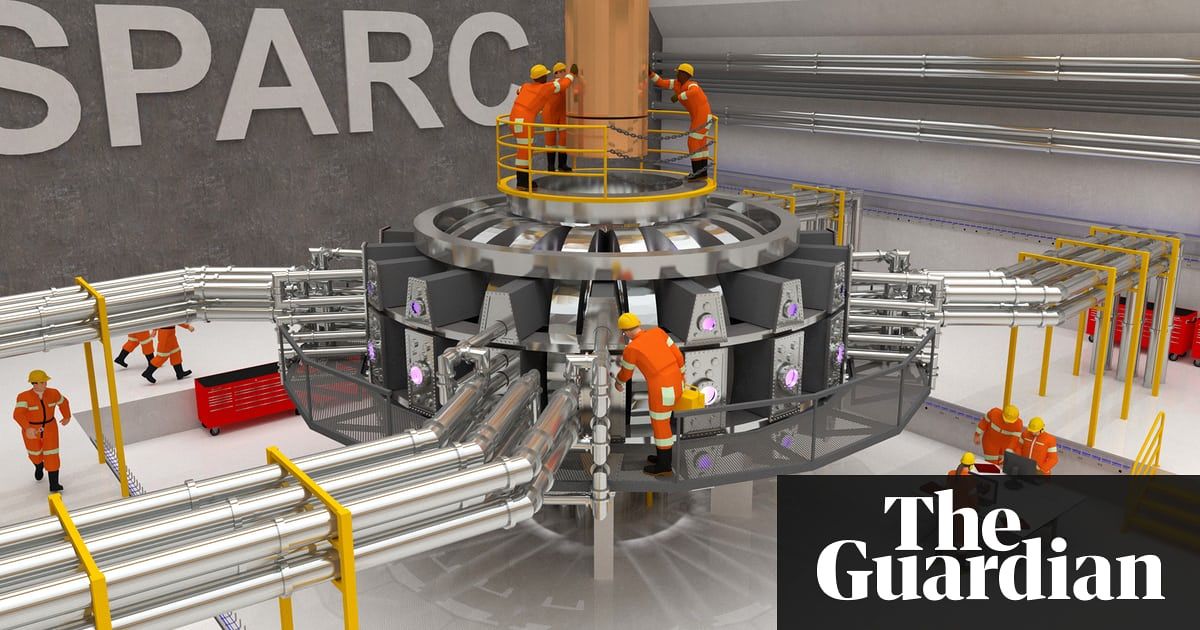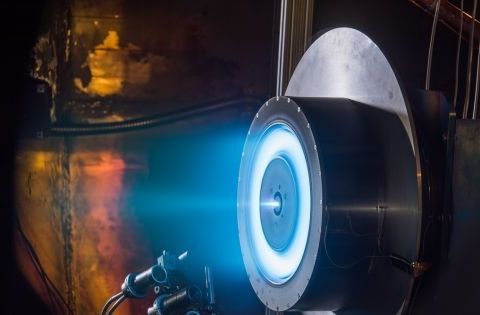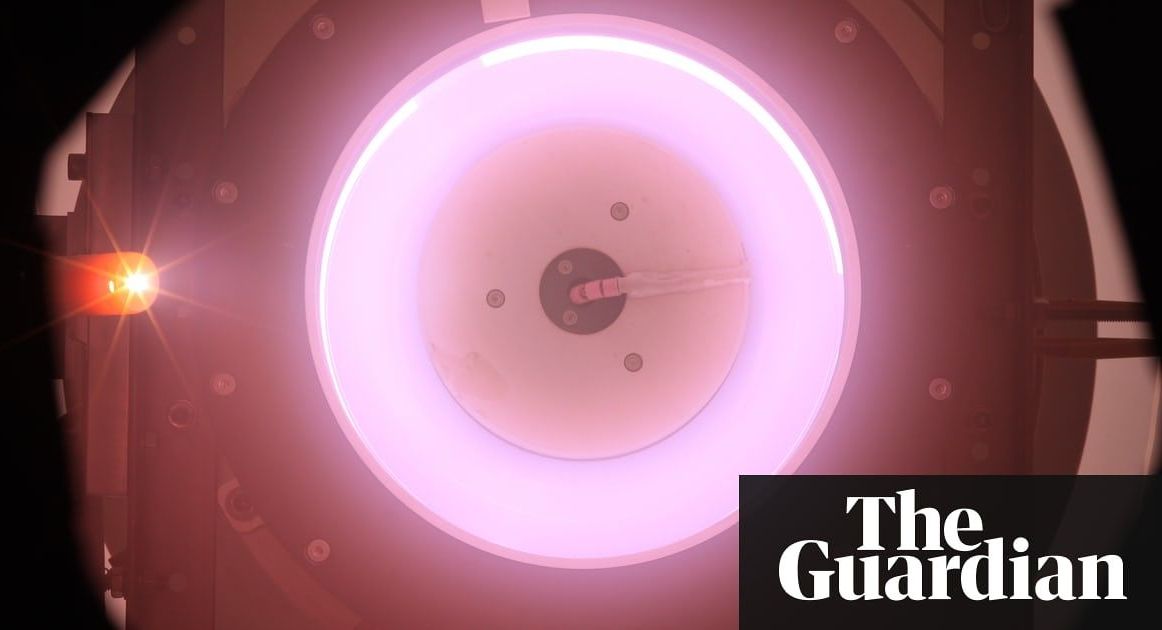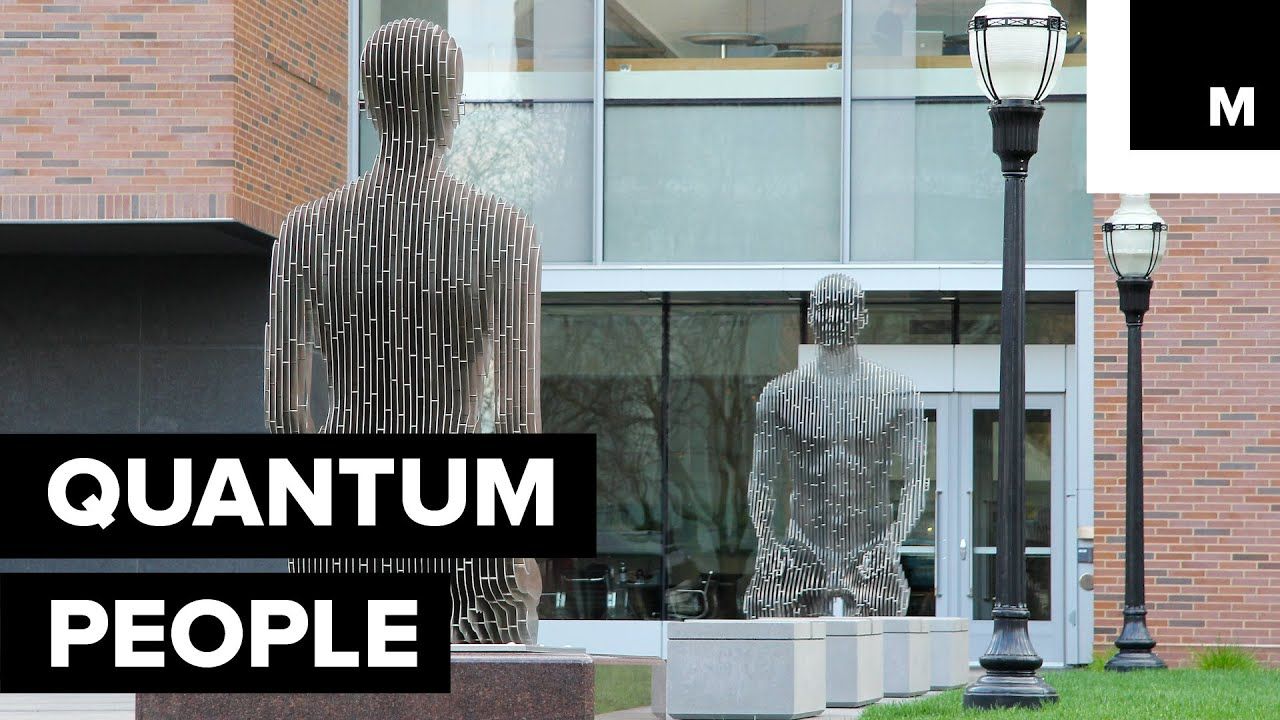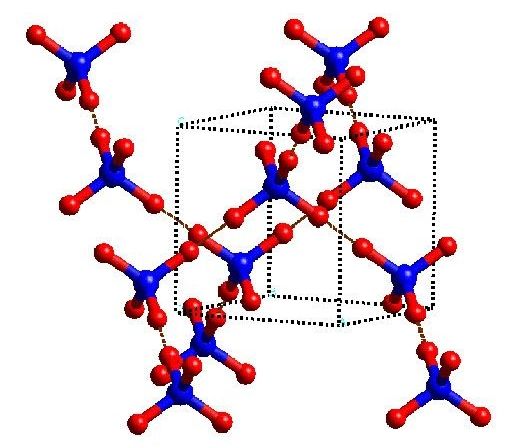Page 9856
Mar 9, 2018
NASA astronaut who spent a year in space now has different DNA from his twin
Posted by Genevieve Klien in categories: biotech/medical, space travel
Space travel is dangerous for a lot of very obvious reasons — traveling off of Earth on a rocket has its risks, after all — but even when everything goes well it seems that a brief stay in space has the potential to alter a person’s very DNA. That’s the takeaway from a long-term NASA study that used astronaut Scott Kelly and his twin brother Mark as guinea pigs to see how living in space can affect the most basic building blocks of life.
Scott Kelly has spent over 500 days in space overall, but a huge chunk of that came with a single mission which had him stay aboard the International Space Station for 342 days. His brother Mark, who is a retired astronaut, is his identical twin and has the same DNA. This provided a never-before-possible opportunity for NASA to study how long-term space travel affects the human body and the genes that make us who we are. As it turns out, space really does change us, and upon Scott’s return to Earth it was discovered that his DNA has significantly changed.
Don’t Miss : 12 different Nexus smartphones just got deep discounts in Amazon’s one-day sale.
Mar 9, 2018
Nuclear fusion on brink of being realised, say MIT scientists
Posted by Klaus Baldauf in category: nuclear energy
Carbon-free fusion power could be ‘on the grid in 15 years’
Hannah Devlin Science correspondent.
Mar 9, 2018
We Just Completed a Record-Breaking Test of a Revolutionary Ion Engine
Posted by John Gallagher in categories: military, space travel
When it comes to the future of space exploration, a number of new technologies are being investigated. Foremost among these are new forms of propulsion that will be able to balance fuel-efficiency with power. Not only would engines that are capable of achieving a great deal of thrust using less fuel be cost-effective, they will be able to ferry astronauts to destinations like Mars and beyond in less time.
This is where engines like the X3 Hall-effect thruster comes into play. This thruster, which is being developed by NASA’s Glenn Research Center in conjunction with the US Air Force and the University of Michigan, is a scaled-up model of the kinds of thrusters used by the Dawn spacecraft. During a recent test, this thruster shattered the previous record for a Hall-effect thruster, achieving higher power and superior thrust.
Hall-effect thrusters have garnered favor with mission planners in recent years because of their extreme efficiency. They function by turning small amounts of propellant (usually inert gases like xenon) into charged plasma with electrical fields, which is then accelerated very quickly using a magnetic field. Compared to chemical rockets, they can achieve top speeds using a tiny fraction of their fuel.
Continue reading “We Just Completed a Record-Breaking Test of a Revolutionary Ion Engine” »
Mar 9, 2018
Spacewatch: engine fuelled by air will enable low-flying class of satellites
Posted by Genevieve Klien in category: satellites
Electric thruster sucks in the scarce air molecules at the top of the Earth’s atmosphere, using them as propellant to fight drag.

Everyone is worried about robots stealing manufacturing jobs, but the real value (and threat) in robots may lie in whether they can become smart enough to actually think on their own.
One of the major milestones in creating human level intelligence is for machines to attain self-awareness. And Columbia University’s Creative Machines Lab may have already done it. “These robots learn overtime, to stimulate themselves in a future situation they haven’t actually experienced.” said Dr. Hod Lipson, the mechanical engineering professor leading the lab’s push to create self-aware robots.
Mar 8, 2018
Why FOXO4-DRi May Just Be Better Than HGH and Anabolics For Physical Performance and Enhancement
Posted by Alexander Rodionov in category: futurism
Mar 8, 2018
Sculptures inspired by quantum physics appear to vanish in thin air as you walk around them
Posted by Genevieve Klien in category: quantum physics
Mar 8, 2018
Diamonds reveal sign of the deepest water known inside Earth
Posted by Genevieve Klien in category: futurism
A rare form of ice crystal in the gems could have formed only at the crushing pressures found in the mantle.
